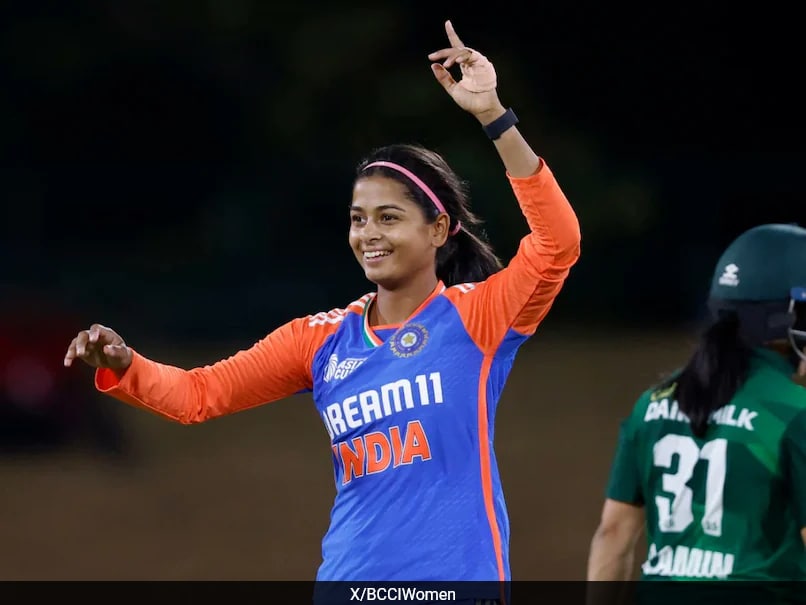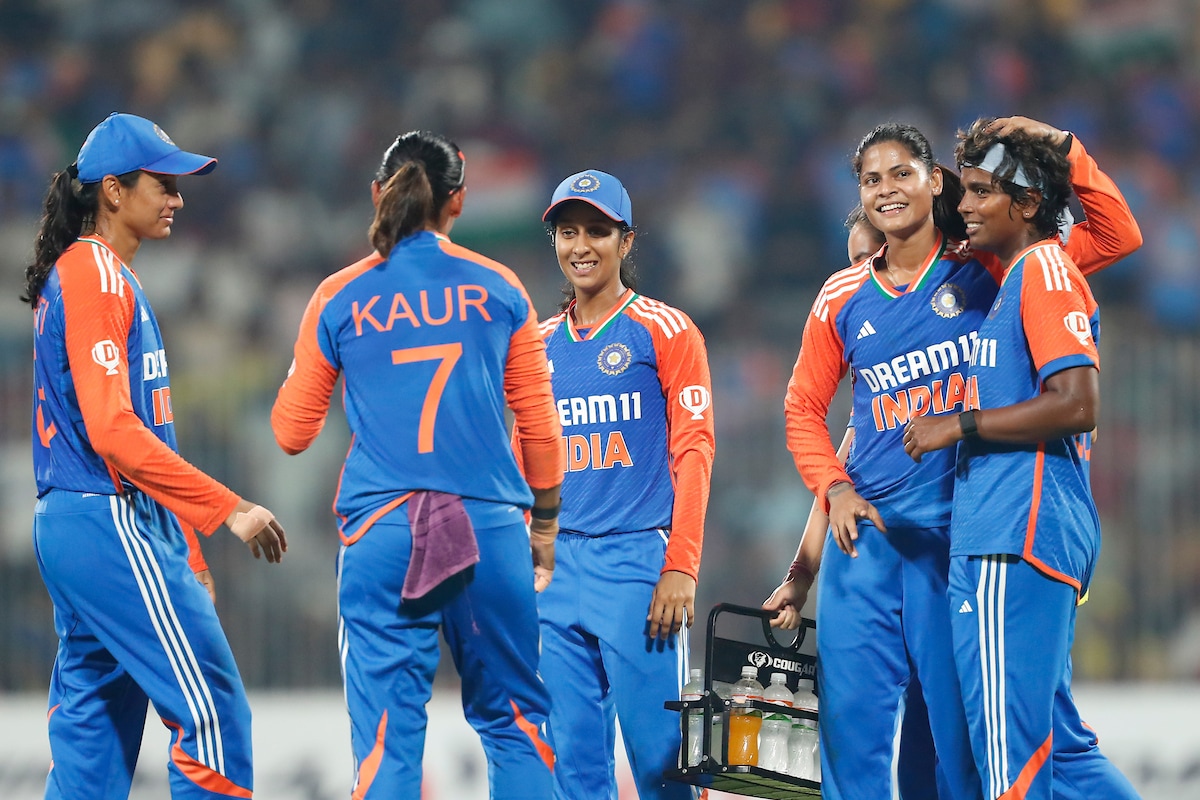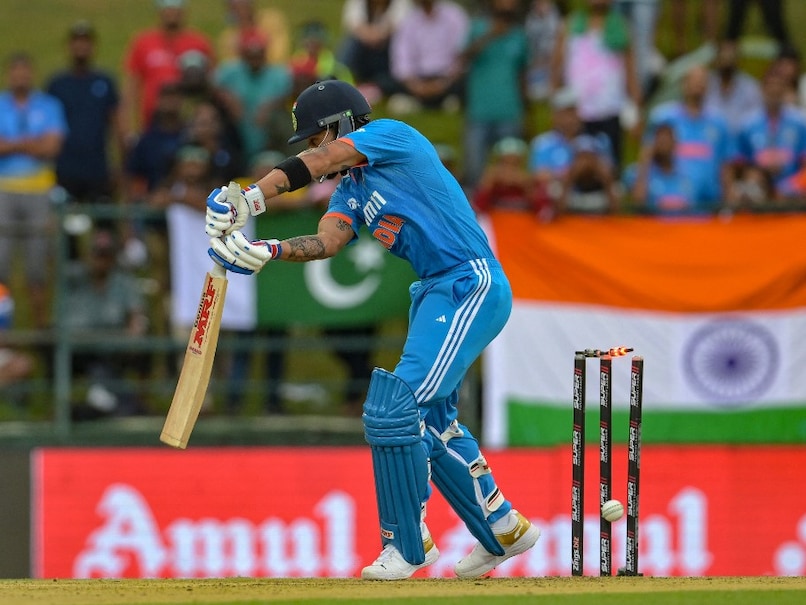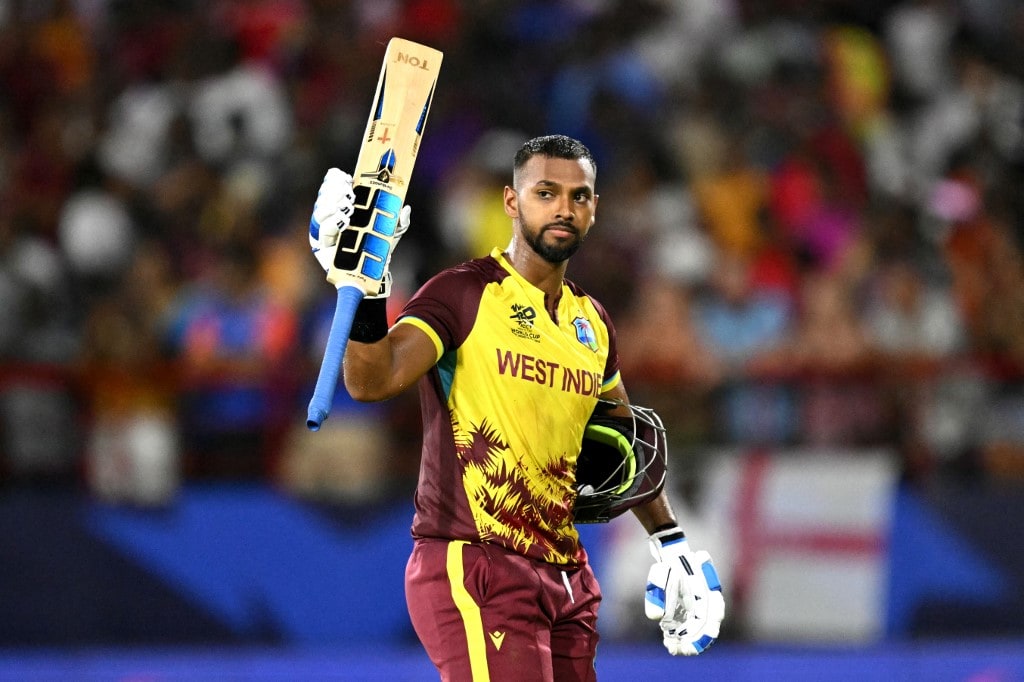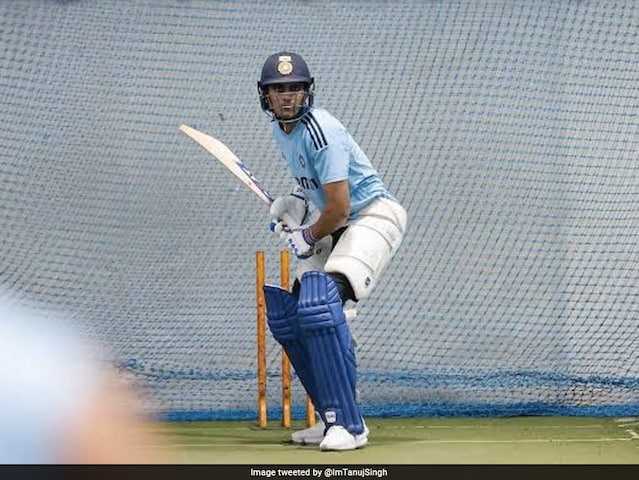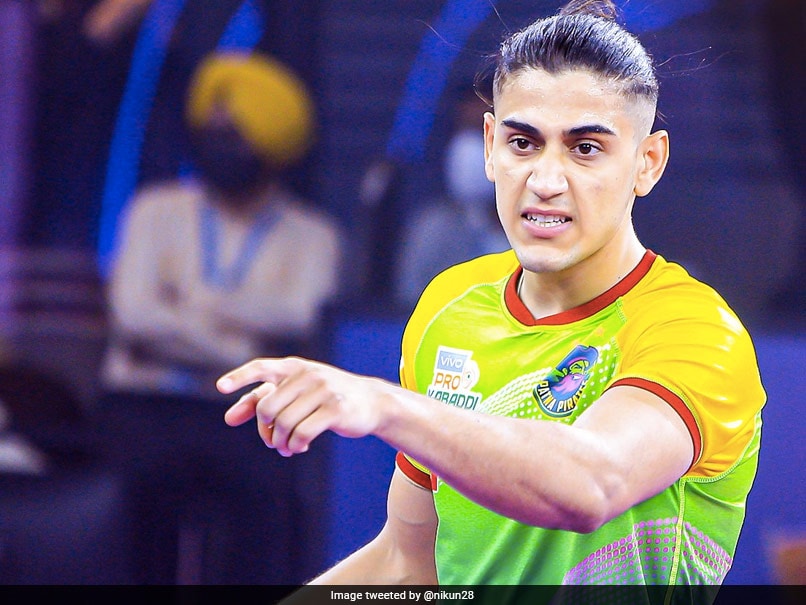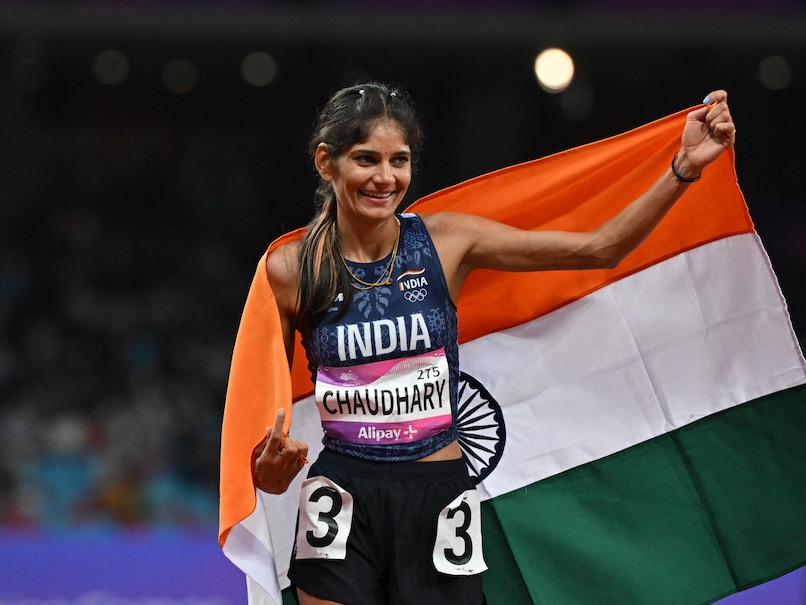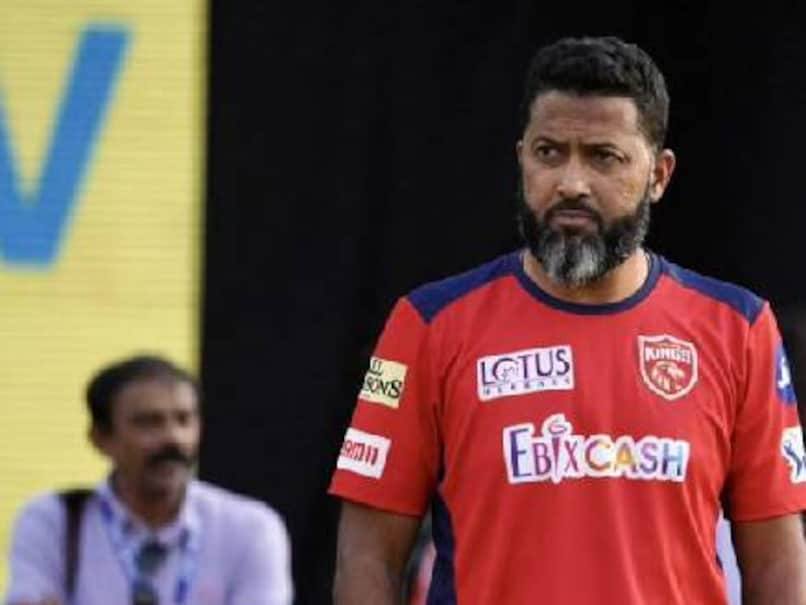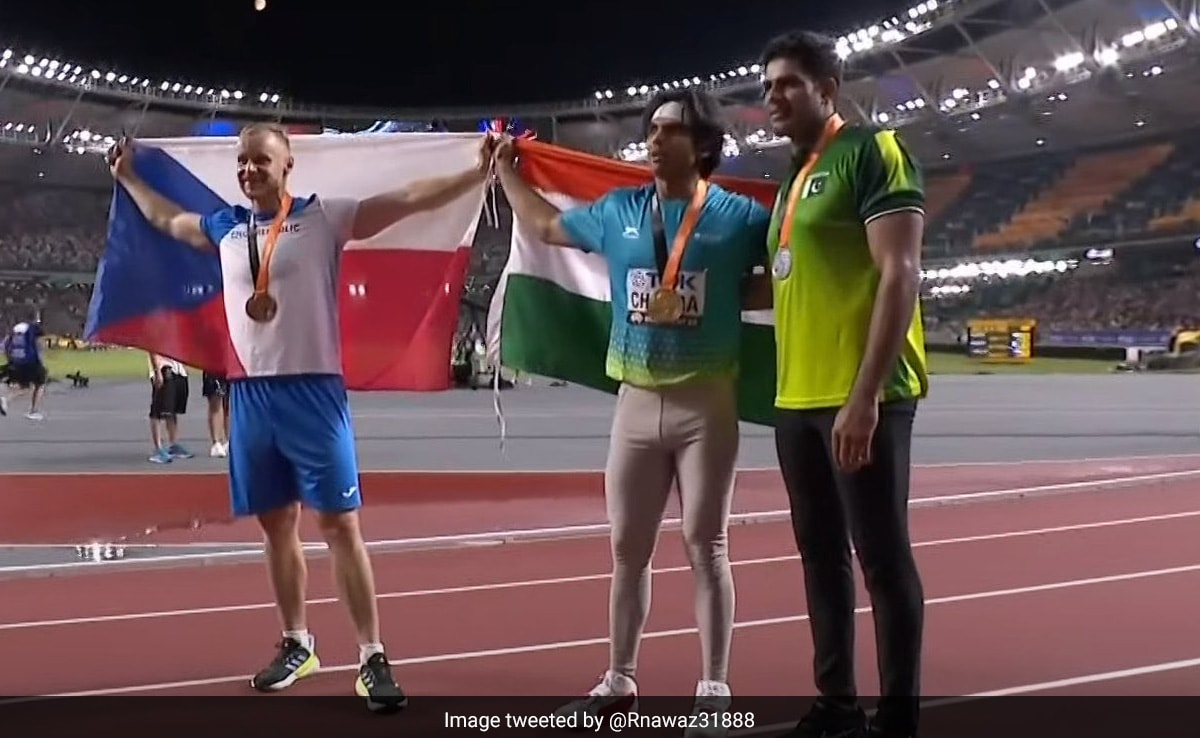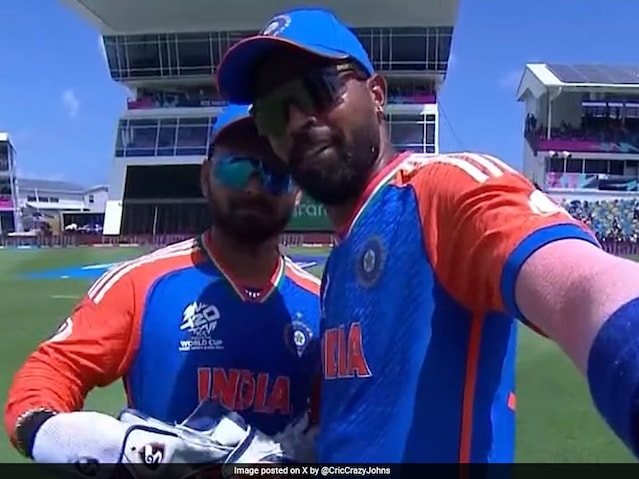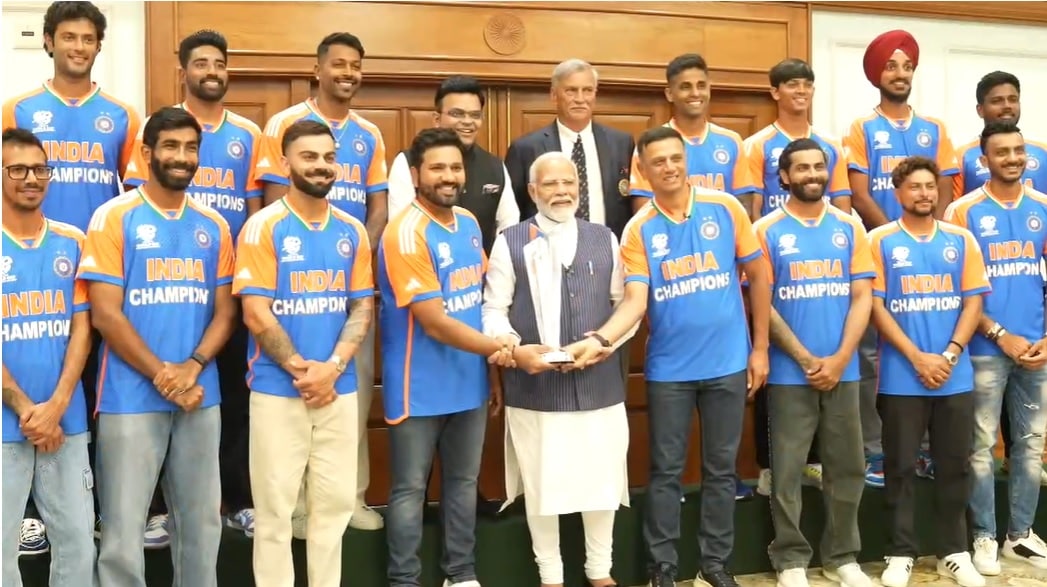The upcoming Women’s Asia Cup in Dambulla, Sri Lanka, serves as a big chance for India to firmly nail their plans ahead of the T20 World Cup in Bangladesh in October. India come into the competition as the defending champions and apart from eyeing to defend their title, they also have the number three conundrum and got to seal ideal batting position for Jemimah Rodrigues. Jemimah used to be India’s number three batter in T20Is, before a back injury forced her to miss T20I tour of Bangladesh in April-May.
After that, all-rounder Dayalan Hemalatha, armed with a her strong bottom-hand and solid big-hitting skills against spinners, has occupied number three slot.
So who between Jemimah and Hemalatha would become the number three batter for India in the Asia Cup? Anjum Chopra, the former India captain, believes it will be fair if Jemimah is back to batting at one-down.
“What I think is India are looking to identify, what is the best combination, including number three position. Solving will happen when everything is already set. But the way probably it is looking now is the Indian team will play with this particular combination (from Chennai T20Is), which will be tested in the Asia Cup.”
“Jemi can also open, so it becomes nicer if she bats at three. As she is skillful enough to open the batting, that’s why she becomes such an important cog in the wheel. But it’s actually a very difficult situation for her because she then has to prepare to play at all positions,” says Anjum in an exclusive conversation with IANS.
Despite being a number three batter for India in T20Is for a long time, Jemimah displayed great adaptability as a number five batter, scoring an unbeaten 53 off 30 balls in the series opener against South Africa at Chennai.
Her ability to play power-packed shots and move across the crease to explore various angles means she adds tons of firepower in the Indian middle-order. “For me, it depends exactly as to what is the start and what is the option. When I say this is its because there is also a number four position, where presently Harman (Harmanpreet Kaur) bats.”
“So, for me to say that Jemimah bats at three or five, it means number four is Harman. Jemimah can bat at both three and five, but who is batting at three is the concern. If India is playing with an all-rounder, then Jemimah can come in at three, but if India is not playing with an all-rounder, then also she can come in at three,” adds Anjum.
Anjum, who played 158 games for India across all formats from 1995 to 2012, personally wishes to see captain Harmanpreet bat at number three, but is unsure if she’s willing to go up from her usual number four position.
“For me personally, I would feel that Harman should walk in at number three. In one of the T20Is recently against South Africa, there was an option. We had a very good start and possibly it was the right time for Harman to walk in at three. But there was somebody else who walked in at three (Hemalatha) and then Harman walked in at four.”
“So, if Harman is batting at three, then obviously Jemimah comes in at four. But if Harman continues to bat at four, because that is a more preferred position by her and probably by the team management too, then I feel it is a difficult one.”
“The partnership between Harman and Jemimah really gives a lot of options to the Indian team. They run well between the wickets and hit lots of boundaries as well. So, it would be nice that either of them bat alongside each other whether at three and four or four and three.”
After the third T20I at Chennai, which India won by ten wickets, vice-captain Smriti Mandhana said playing Hemalatha at number three is a calculated move. It potentially means Harmanpreet and Jemimah could remain at four and five respectively, with Smriti the lone left-handed batter in the top order.
Anjum signed off by saying in her view, Hemalatha is not the ideal batter at number three, citing the need of the hour being to put out your best batter out on the field as quickly as possible. “I don’t think the calculations worked right. So they’ll probably have to rework the calculations and understand what is the utility. She’s a very utility player, but where does she bat?”
“Because you have to understand that the kind of T20s that we are now exposed to, it’s possibly trying to get your best batter into the system as early as possible and not try to save them (for later). If Jemi is your best batter, she has to walk out early or at number three. If Harman is a good batter, then she has to obviously walk out early.”
“Then if Richa Ghosh is there, you have to promote her. If you feel that Pooja Vastrakar can take up that finisher role, so that flexibility has to be there. From where I see it, I don’t see Dayalan Hemalatha at three. My thing is when you go playing forward, you have to identify as to what is the best utility of that player in a given scenario.”
“Because we are not competing for 80s and 90s and 120s. The idea is that the Indian team has there in them to get scores in excess of 160, 165, 170. So, if you are putting the runs on the board and chasing, as a team, are we equipped to setting a target in excess of 160 or chasing down a target in excess of 170?”
Topics mentioned in this article



